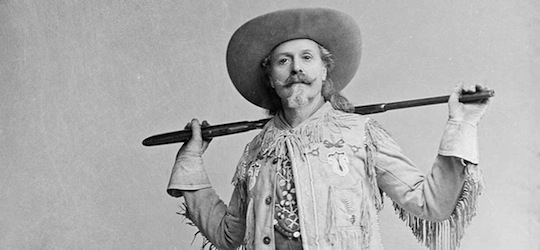The C-SPAN 3 broadcast of our panel discussion is now online :
The Enduring Legacy of Buffalo Bill’s Wild West
A roundtable discussion featuring Jeremy Johnston, Buffalo Bill Center of the West; Douglas Seefeldt, Ball State University; Frank Christianson, Brigham Young University; Michelle Delaney, Smithsonian Institution; and Riva Freifeld, Documentary Filmmaker. Fifty-Fourth Annual Conference of the Western History Association, Newport Beach, CA, October 17, 2014.
This 90-minute coverage provides an overview of the diverse activities of The Papers, outlining completed, ongoing, and future projects. One highlight appears beginning at minute 17.50 in the broadcast … a very brief digital representation of the 552 venues in which Buffalo Bill’s Wild West performed during the three British/European tours of the exhibition.
The Papers of William F. Cody/William F. Cody Archive welcomes you to view this panel discussion and invites your valuable questions or comments!
